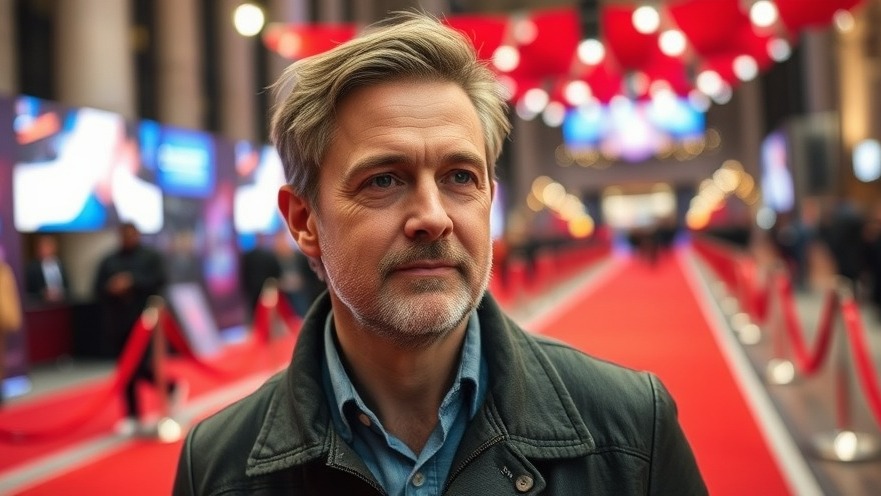
Remembering James Foley: A Director's Legacy
James Foley, a name that resonates with cinephiles, particularly for his work on the Fifty Shades series and the theatrical heights of Glengarry Glen Ross, passed away at the age of 71 after battling brain cancer. His death represents not only the loss of a versatile director but also a unique voice in cinema that shaped the landscape of film entertainment across multiple decades.
The Early Days: From Reckless to Rising Stardom
Foley's career began in 1984 with the romantic drama Reckless, where he faced challenges that included harsh critiques and the ire of screenwriter Chris Columbus. The rocky start, however, set the stage for better endeavors. Following his initial setback, Foley directed At Close Range, starring Sean Penn and Christopher Walken. Gradually, he began carving out a niche that intertwined romance with tension, paving the way for future successes.
Madonna: A Collaborative Venture
In the 1980s, Foley's collaboration with Madonna marked a significant turning point. As the best man at Madonna and Penn's wedding, Foley's artistic journey intertwined with music videos for hits like Live to Tell and Papa Don’t Preach, translating his directorial prowess into the pop culture landscape. These distinct projects highlighted Foley's remarkable ability to adapt and evolve his storytelling techniques, making him a notable figure not just in film but also in music.
Transitioning to Film: Memorable Contributions
The 1990s saw Foley tackling more significant dramatic roles, including the acclaimed adaptation of Glengarry Glen Ross, which adapted David Mamet’s sharp dialogue to create a potent theatrical experience. His foray into suspenseful narratives continued with films like The Chamber and Fear, further exemplifying his knack for creating tension on screen.
The Modern Era: Contemporary Productions
As times changed, so did Foley’s focus. The 2000s and 2010s drew him back into television with significant projects like House of Cards and Billions, showcasing his adaptability in an industry that increasingly embraced serialized storytelling. His work on the Fifty Shades sequels, despite mixed reviews, contributed to a global conversation about love, desire, and modern erotica.
Foley's Personal Philosophy: The Art of Direction
A hallmark of Foley's legacy is his belief in the actors he directed. “Seriously, if you cast the right friggin’ people and they’re good actors, it’s amazing how little you have to do but stay out of the way,” he humbly stated in a 2003 interview. This philosophy points to his understanding that a director’s role is to facilitate rather than dominate, nurturing talent to draw out their best performances.
The Cultural Impact of Foley’s Work
Foley's ability to weave complex narratives that resonate with the audience speaks to the cultural impact of his body of work. With a blend of romance, drama, and tension, he not only entertained but also offered insights into the human experience. As we reflect on his contributions, it becomes clear that Foley played a key role in bridging various genres, making an indelible mark on both popular and art cinema.
Takeaway: Honoring a Film Giant
As we mourn the loss of James Foley, it is essential to recognize and celebrate the breadth of his career. From music videos to classic films and modern series, Foley’s work serves as a reminder of the powerful stories that cinema can tell, and how direction shapes those narratives.
For those interested in the intricate world of film, understanding Foley’s contributions could enhance your appreciation for the art of direction in storytelling. Let us honor his legacy by engaging with the films he crafted, exploring their themes, and remembering the uniquely human experiences he brought to life on screen.
 Add Row
Add Row  Add
Add 




Write A Comment